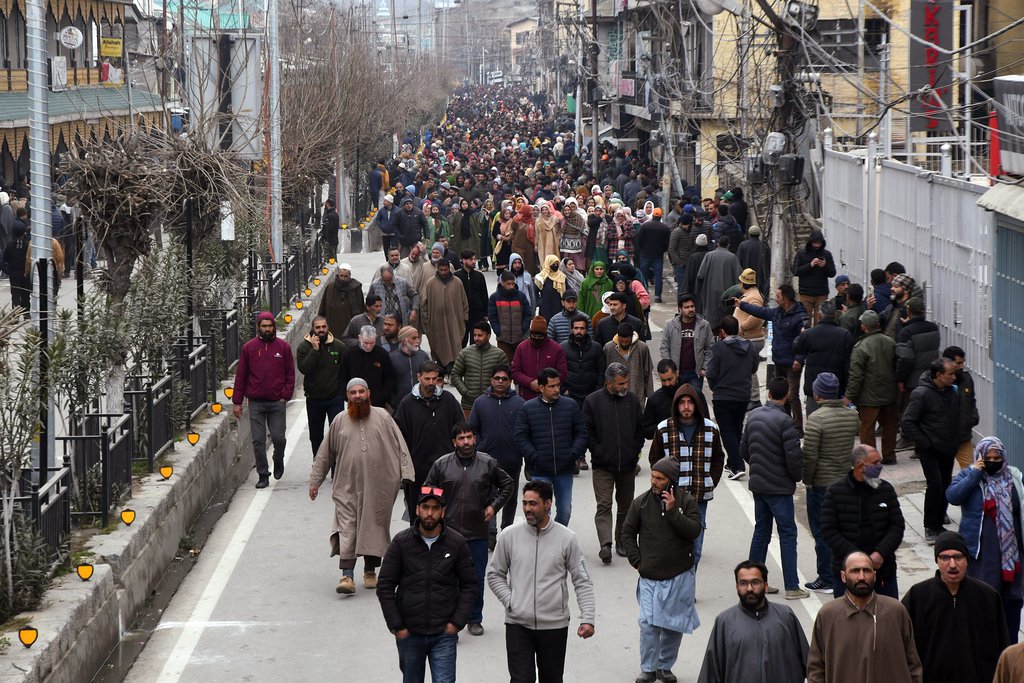
The recent mega turnout at the rally of Indian Prime Minister Narendra Modi in held Kashmir has reignited debates and discussions over the region’s political landscape.
Modi’s visit marked his first since the controversial revocation of Article 370 of India’s constitution, which granted special autonomous status to the region.
This move, deemed by Pakistan as an attempt to fabricate normalcy in the disputed territory, has failed to spark tensions or draw any international attention to the Kashmir conflict.
In the aftermath of the revocation in 2019, Pakistan has consistently dismissed India’s efforts to portray a semblance of normalcy in Kashmir.
Mumtaz Zahra Baloch, the spokesperson for Pakistan’s Foreign Office, reiterated this stance in a recent press briefing, emphasizing that such endeavors are merely superficial in nature.
Baloch highlighted concerns regarding the alleged intimidation of local residents and the denial of their rights and freedoms.
Pakistan’s strategy post-2019 has revolved around inciting Kashmiris to organize mass shutdowns and protests against Indian administration.
However, the recent rally’s massive turnout suggests a potential shift in the dynamics of Kashmiri sentiments.
Despite Pakistan’s attempts to instigate unrest, the rally showcased a substantial display of support for Modi and his policies among certain segments of the Kashmiri populace.
